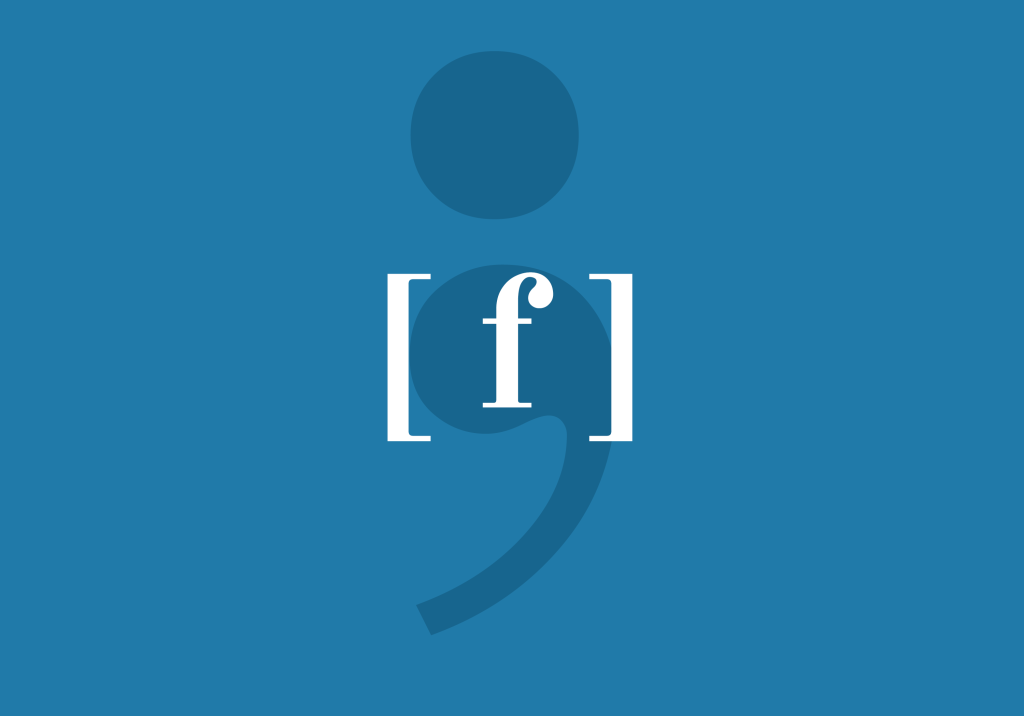The hands, the backs of the hands show life pulsing through the body, how much life passes in and out with every breath, that is what he paints, the life in the body, as he goes over the backs of the hands, the accumulated wrinkles on the knuckles—large and prominent, more accustomed to holding on than letting go—faint blue veins, blood pulsing into those fingertips the same way the northern sun pulses into his open window on this mid-April morning, dabbing the side of his face, his left hand aloft as he holds his palette, dabbing the canvas, this hand of St. Jerome, who is also a man of God dedicated to the single thing that gives him grace. For although the Hermit spent his life fully in study and translation, and he has largely been surrounded by his brother’s children, his nephews, they both partake of their duty to God. The bracelets of wrinkles above the wrist require a different brush, so he takes from a jar one slightly less fine, made of hog hair as opposed to badger. He makes them himself but his colors, for the colors he has to go along the Wantij where women in folded white cotton caps and rectangular black cotton dresses sell him shells of nautilus and abalone, and these he scrapes and mixes with poppy oil for the skin of his St. Jerome. Of course he is not thinking of them as he hatches the wrist, he forgets everything except this; forgets the sun beating through the window, the bed of tulips growing outside, red orange yellow, the wooden bowl full of gold florins in the corner of his desk, his wife at market, sons and nephews painting in rooms upstairs and throughout the house, his workshop; forgets about the dog sleeping on the threshold to this small, round room with the single open window the rising sun beams through—the dog a mongrel hound-terrier, white and brown-spotted—forgets that this commission is for Peter van der Groote, a merchant involved in tea exports and the evangelism of the Calvinist faith in New Amsterdam: none of this matters as he paints the wrist of the Hermit, and only when a lightness rises in his heart as he hatches these final wrinkles do any of those exterior facts resurface in his mind, vaguely, as a feeling of expected satisfaction for finishing the painting. His eye falls on the coins in the wooden bowl below the open window, catching the sunlight, glittering. Money doesn’t matter to him, has never mattered, there is always enough when you need it; when you love to paint as much as—if you knew as young as he did that he had to break from his family tradition of glass painting, if you saw what the people wanted, the new class of rich merchants who desired oil painting on canvas, and whoever wanted his services, whoever wanted portraits especially, because in the portrait he enjoyed trying to paint what could not be painted, they always gave what they thought appropriate which was often more than expected, enough to eat, to feed his family and kin, and to live comfortably without ever thinking of debtor’s prison; they always paid what his time was worth without being asked; the money simply followed, the guilders were a result, a product of the lightness, of his merging with the best of his ability, years of hard work and losing himself in that something else, which he often refers to as—
Daniel Adler was born in Brooklyn, NY and moved to Portland, Ore. at the age of eleven. He’s a doctoral student at University of Nevada, Reno. His most recent work has appeared in The Decadent Review, 3: AM Magazine and HOAX. Twitter: @anieldadler

